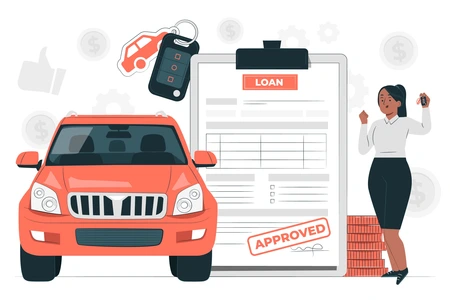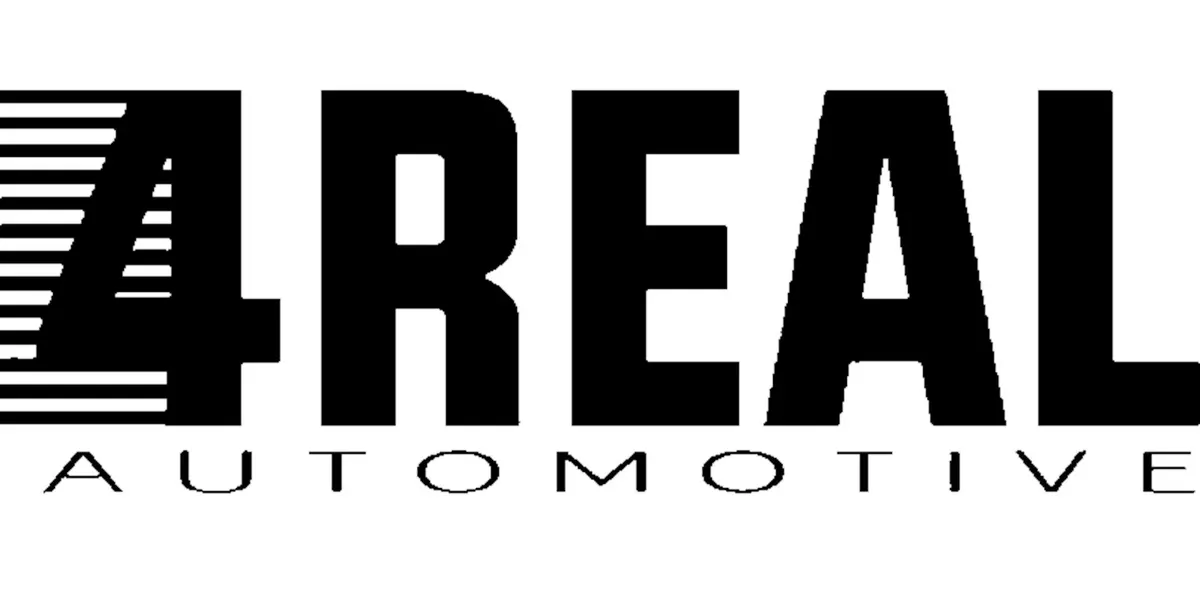When switching or getting rid of a car, your options are usually to trade the vehicle in, sell it on your own, or give it away to someone or junk it. Most people choose to go the trade-in route, simply because it’s the most convenient and hassle-free.
But some people choose to sell a vehicle on their own hoping to make more from the sale than they believe that they can get in trade-in value. There’s nothing wrong with doing this, and plenty of people are comfortable selling their vehicles in a private party sale. But many people are unaware of some of the most important aspects of selling a car on their own.
Here are five things everybody should know:
- It will probably take longer than you expect
It’s very unusual to sell a car quickly via private sale unless you’re seriously underpricing it or unless you get really lucky. Whether you list it on Craigslist or Facebook Marketplace, it’ll usually take some time to get traction and get in front of enough people where someone who’s interested, and qualified to buy it will get in touch with you.
- You’re unlikely to get retail value for your vehicle
One of the things that often happens when people try to sell their cars on their own is they price them the same way a dealership would. After all, the reason they’re selling them on their own, to begin with, is usually because they want more money than a dealership is willing to offer.
But you’ll have a very hard time making anywhere close to the retail price if you’re selling on your own, and will probably have a hard time finding someone who will even pay the private-sale price for your car. Customers who buy from private parties are almost always looking for a good deal, and the lack of marketing and customer service support that a dealership offers buyers will keep your potential buyers far below retail value.
- Be prepared for people who will waste your time
When selling a car privately, you really learn to appreciate what car salespeople have to go through when it comes to people wasting time. As much as we’d like to assume that everybody is honest about their intentions and will follow through with what they say they will do, this is oftentimes not the case.
You’ll have people contact you with questions about the vehicle who have zero intention of buying, and many who will even show up to look at it. There will also be those who promise to come for a test drive and never show up, leaving you waiting and frustrated. This is perfectly normal, but be prepared to go through a bunch of time-wasters before finding a buyer.
- Watch out for scams
These days, there are some very elaborate scams that criminals can pull to rip off unsuspecting car buyers. Make sure you’re being careful when screening potential buyers. There are some scams that will involve the “buyer” actually giving you a check for more than the agreed-upon price that later ends up bouncing, but not before they’ve made up off with some portion of their “overpayment.” If anything seems off or suspicious, stop the transaction immediately.
- Be aware of your state laws regarding private vehicle sales
Before selling a vehicle on your own, check into your state’s laws about private party vehicle transactions. Some states are more strict than others when it comes to selling your vehicle, so don’t assume that it’s as simple as listing it and signing over the title. There are quite a few details that you should understand, including warranty and lemon laws, transfer or titles and plates, and how many vehicles you’re allowed to sell without a dealer’s license. So always make sure to read the fine print before putting that for sale sign in your car’s window.












